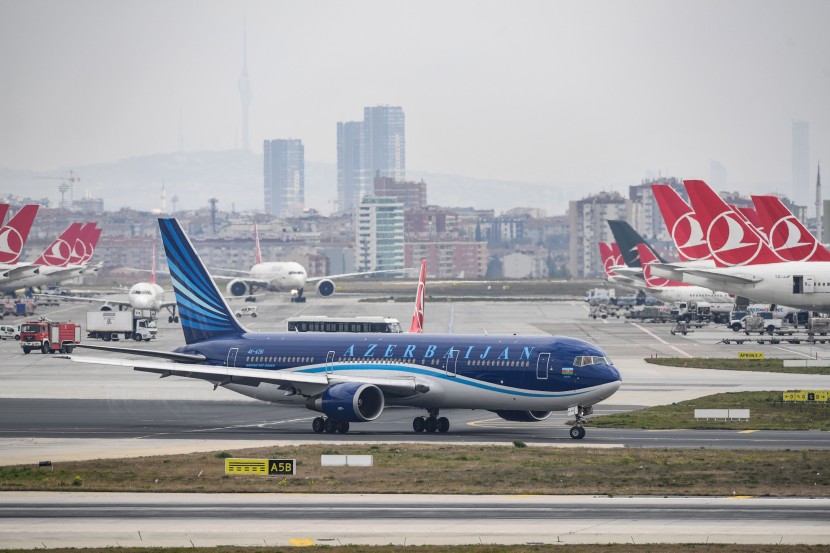
Early reports suggest that a Russian anti-aircraft system may have been responsible for downing the passenger jet that crashed in Kazakhstan on Christmas Day, according to a U.S. official. Authorities have since recovered a second black box, which they hope will provide more information about the cause of the crash that claimed the lives of at least 38 of the 67 people onboard.
Initial assessments point to a Russian system striking Azerbaijan Airlines flight J2-8243 before it crashed near Aktau, Kazakhstan. This is the first U.S. assessment regarding Wednesday's crash. If these early findings are confirmed, it could be a case of mistaken identity, with poorly trained Russian units potentially firing on what they misidentified as a threat, similar to incidents involving Ukrainian drones, the official said.
Authorities from Azerbaijan, Kazakhstan, and Russia have urged caution and asked the public not to speculate until the investigation is complete. A commission involving representatives from all three countries has been established to investigate the incident, but Russian and Azerbaijani law enforcement agencies will not participate in the forensic examination, according to Kazakhstan's Deputy Prime Minister Kanat Bozumbayev.
Images and videos of the wreckage show perforations on the aircraft's body that resemble damage from shrapnel or debris, although the exact cause remains unconfirmed. Initially, Azerbaijan Airlines and Russia's Federal Air Transport Agency suggested the crash was due to a bird strike.
However, Andriy Kovalenko, head of Ukraine's Center for Countering Disinformation, disputed this, claiming on social media that the plane was shot down by a Russian air defense system. He pointed to recent Ukrainian drone strikes on southern Russia, which had previously disrupted air traffic, and noted that the nearest Russian airport along the plane's flight path had been closed that morning.
Kovalenko also criticized Russian authorities for not closing the airspace over Grozny and suggested that any investigation could be compromised to avoid implicating Russia. Intelligence and defense expert Justin Crump also supported the theory of a Russian attack, citing the timing of active Russian air defenses in the area as evidence.








